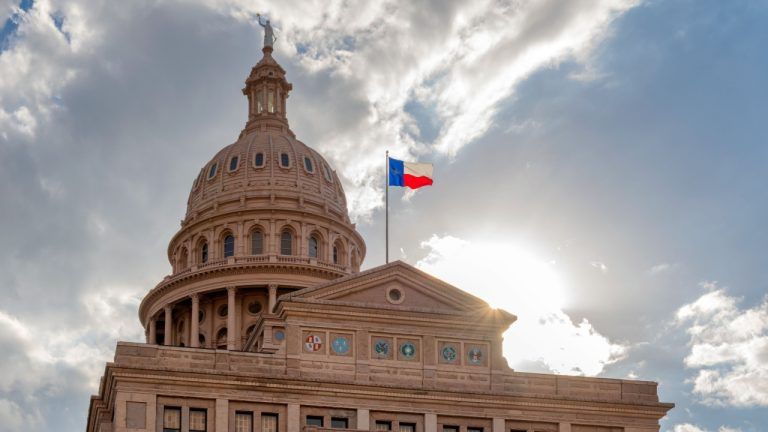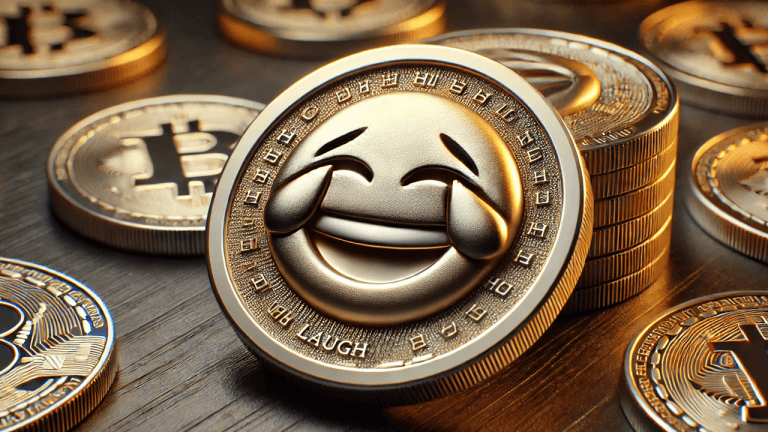
Don’t’ believe the hype — Bitcoin price rally to $17K reflects improving sentiment

Negative newsflow continues to make headlines but BTC’s recent move above $17,000 suggests investors are finding reasons to be bullish.
Bitcoin (BTC) price gained 6.1% between Nov. 28 and Nov. 30 after briefly testing the $17,000 support. Favorable regulatory winds might have helped fuel the rally after the Binance exchange announced the acquisition of a regulated crypto exchange in Japan on Nov. 30.

Binance shut its operations in Japan in 2018 after being warned by the Japan Financial Services Agency for operating without a license. The acquisition of Sakura Exchange BitCoin would mark the re-entry of Binance in the Japanese market.
Furthermore, Gemini exchange announced new regulatory approvals in Italy and Greece on Nov. 30. The exchange was granted registration as a virtual currency operator with Italy’s payments services regulator. Gemini was approved as an exchange and custodial wallet provider in Greece.
However, not everything has been positive on the regulatory front. In separate letters from Nov. 28, Ron Wyden, chair of the United States Senate Finance Committee, requested information from six cryptocurrency exchanges. The lawmaker targeted the necessity of “consumer protections along the lines of the assurances that have long existed for customers of banks, credit unions and securities brokers.”
Wyden requested the six firms provide answers by Dec. 12 on safeguards of consumer assets and market manipulation. The Senate Agriculture Committee has also scheduled a hearing to explore the collapse of FTX on Dec. 1.
During these events, Bitcoin has been trying to break above $17,000 for the past eighteen days, so some selling pressure clearly remains above that level.
The most likely culprit is the risk of capitulation from Bitcoin miners after they’ve seen their profits squeezed by falling spot prices and surging Bitcoin mining difficulty. Cointelegraph noted that Bitcoin miners face a significant squeeze after expecting to sell accumulated BTC at a profit.
Let’s look at crypto derivatives data to understand whether investors remain risk-averse to Bitcoin.
Futures markets are no longer in backwardation
Fixed-month futures contracts usually trade at a slight premium to regular spot markets because sellers demand more money to withhold settlement for longer. Technically known as contango, this situation is not exclusive to crypto assets.
In healthy markets, futures should trade at a 4% to 8% annualized premium, which is enough to compensate for the risks plus the cost of capital.

Considering the data above, derivatives traders have improved their expectations and the Bitcoin futures premium is no longer negative — meaning the demand for bullish and bearish leverage is equally balanced.
Still, the present 0% premium is far from the 4% threshold for bullishness, indicating professional traders’ reluctance to add leveraged long (bull) positions.
Another notable development is the long-to-short ratio improving over the past two days. To exclude externalities that might have solely impacted the quarterly contracts, traders should analyze the top traders’ long-to-short ratio.
The metric also gathers data from exchange clients’ positions on the spot and perpetual contracts, which better informs how professional traders are positioned.

Even though Bitcoin failed to break $17,000 on Nov. 30, professional traders slightly increased their leverage long positions according to the long-to-short indicator. For instance, the Binance traders’ ratio improved from 1.07 on Nov. 28 and presently stands at 1.10.
Similarly, OKX displayed a modest increase in its long-to-short ratio, as the indicator moved from 0.98 to the current 1.03 in two days. The metric slightly declined to 1.02 at the Huobi exchange and this shows that traders did not become bearish after the latest resistance rejection.
The absence of negative price moves is a bullish indicator
Traders should not conclude that the absence of futures premium reflects worsening market conditions because the broader data from the long-to-short ratio has shown whales and market makers adding leverage longs.
The Bitcoin price movement has been surprisingly positive considering the recent negative newsflow and fear relating to the potential of a regulatory crackdown and miners’ ability to withstand a more extended crypto winter.
It will likely take longer for investors to regain confidence and feel that the current contagion risks are over. As a result, bears could continue to exert pressure and sustain Bitcoin below $17,000 in the short-term.
The views, thoughts and opinions expressed here are the authors’ alone and do not necessarily reflect or represent the views and opinions of Cointelegraph.
This article does not contain investment advice or recommendations. Every investment and trading move involves risk, and readers should conduct their own research when making a decision.
Go to Source
Author: Marcel Pechman









